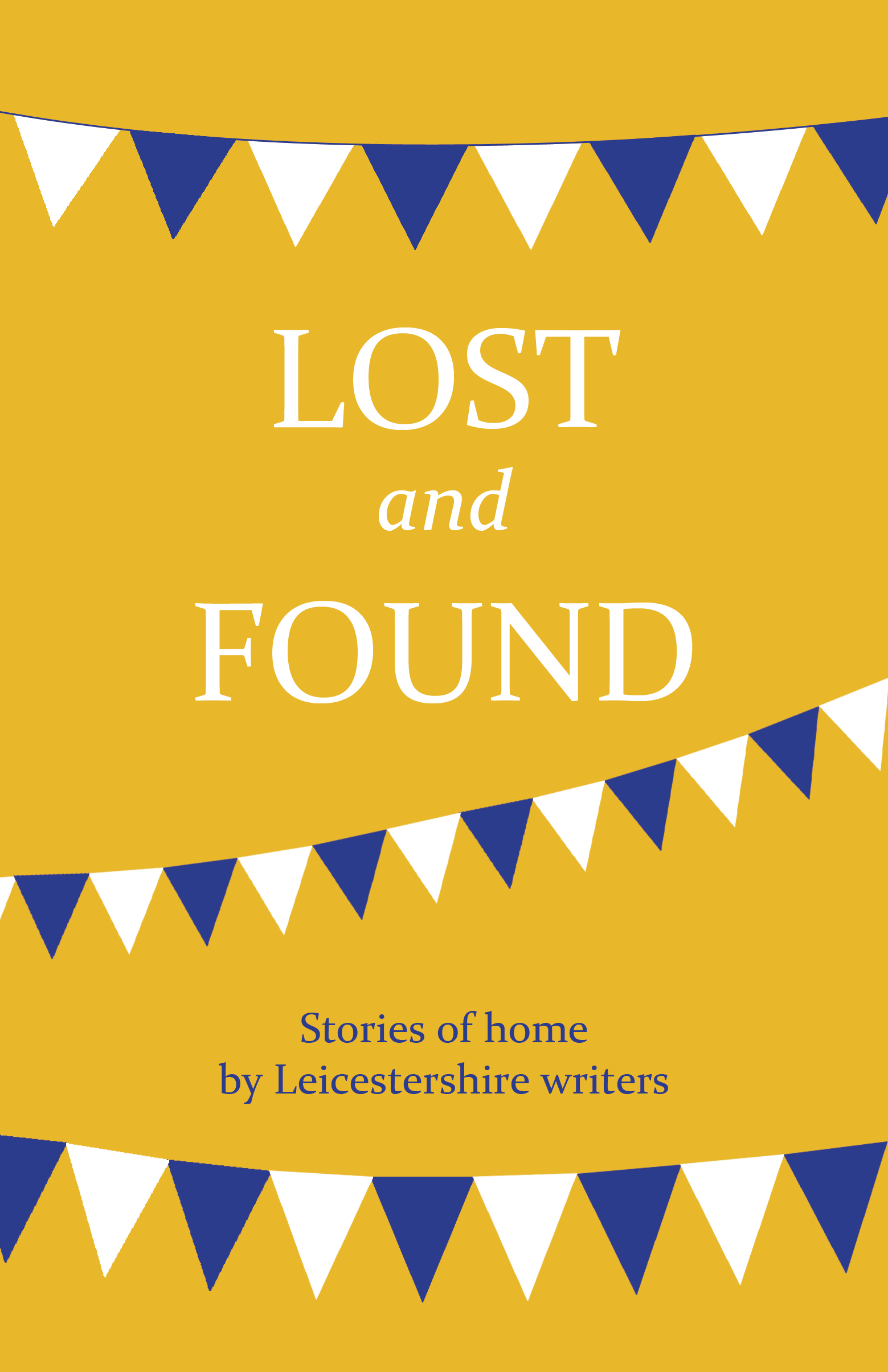A small press publisher is an independent publishing house usually run by one person or a small team who publish a few titles each year. It is this small scale operation that allows originality and eclectic tastes to thrive: this handful of people only publish what they want regardless of economic viability. Book projects become a labour of love, rather than a business opportunity. What the small press lack in financial muscle, they make up for in passion and attention; offering authors creative freedom, tailored editorial input and focussed marketing campaigns.

Jonathan Taylor, whose novel Melissa is published by independent press, Salt claims it is the individual attention offered that is one of the main benefits. ‘I've had some great editors, who have worked closely with me to improve my work. All writing is collaborative - all writers need advice from someone who they trust - and that is exactly how it feels in small press publishing.’
Leicester Writers Club President, Siobhan Logan remembers fondly the 'guerilla publishing’ efforts of her poetry indie publisher, Original Plus Press: “We’d spent six-months painstakingly arranging poems, prose and illustrations into a chapbook of 44 pages: a feat as tricky as navigating Shackleton’s boat through a maze of ice-floes.”
It’s this time and devotion that can help new writers through the often perplexing publishing process as well as help nurture and develop raw talent. Moreover, because these publishers aren't dictated by publishing trends, writers needn't feel forced to write for the market. New writer, Penelope Jones found it difficult to find her place: ‘I spent so much time writing what I thought I needed to write, that I stopped writing what I wanted. Then I decided the only way I was going to know what the industry wanted was to ask, so I put my laptop aside and braved the world of writing festivals, conferences and conventions and that’s when I found the small presses.’ She has since been published locally.
While going small isn't necessarily a ‘stepping stone’, argues Adele Wearing of Fox Spirit, it is not unheard of for writers who are published by small presses to go on and land a publishing deal with a traditional publisher. When Drew Gummerson started out, he found that major publishers weren't willing to read his work because many didn't accept unsolicited manuscripts or un-agented submissions. So, instead he sent his first novel, The Lodger to Gay Men’s Press, where it was published to critical acclaim, topping Amazon’s gay and lesbian chart and selling all of its 3000 print run. His second novel, Me and Mickey James was published by Jonathan Cape in 2008.
Although the writers I spoke to have huge affection for the small presses, likening them to ‘heroes’ many are still reluctant. Copy-editor, Richard Sheehan says: ‘Many writers I work with have dreams of a book deal with one of the big five publishers and they’re surprised when I mention that they might find a better home for their writing at a small press.’ He does his best to sell the benefits because he believes we’re in a ‘golden age’ of small press publishing. He explains, ‘Many of them are run by, and employ the services of, extremely talented individuals. The books they publish regularly turn up on awards listings and garner critical acclaim.’
The small press can also offer an alternative for those who don’t want to go it alone. Crime writer, Richard Cox, self-published his first novel, First Dead Body but was adamant he didn't want to go through the burden of marketing his books second time around. He approached digital publisher, Fahrenheit Press who offered him a contract. Cox is all too aware what this means for his book: no immediate print, everything digital and an alternative route to market. “The publishing industry is cut throat and authors seem to be treated as providers of fodder, not the creative geniuses we think we are.”
Taylor, who prefers to ‘go small’ reminds us that not all small presses are in fact small - their point of difference is they offer authors independence. ‘These independent publishers are able to do different things to the global publishers, taking risks, disseminating writing which is original, idiosyncratic, individualistic,’ he says. ‘Let's hope in the near future that independent publishers become the mainstream. Certainly, they're a vital part of our literary culture - without them, the literary world would be seriously impoverished.’
Tips:
- Always read the submission guidelines before submitting work.
-Some but not all presses will read unsolicited manuscripts. Most don’t offer an advance but this may vary.
- Adele Wearing of Fox Spirit, advises ‘research the press as best you can, talk to its authors, check your contract and make sure they aren't asking for you to pay anything.’
Resources
- Mslexia’s guide to the indie presses offers a catalogue of more than 400 independent literary presses in the UK.
The short story collection, Lost and Found: stories of home by Leicestershire writers is published by Dahlia Publishing and launches at the Leicester Writes Festival of New Writing on the 25th June 2016.
Comments